Retro Replay Review
Gameplay
Mike Read’s Computer Pop Quiz delivers a faithful recreation of the beloved BBC Radio 1 show, translating the thrill of pop music trivia into an interactive format. Each session begins with round one, where you choose one of twelve questions displayed on the Jukebox. Every query comes with four multiple-choice options, creating a balance between accessibility for casual players and a genuine challenge for aficionados. Correct answers earn two points, while mistakes give opponents a chance to steal for one point, keeping matches tense from the very first question.
(HEY YOU!! We hope you enjoy! We try not to run ads. So basically, this is a very expensive hobby running this site. Please consider joining us for updates, forums, and more. Network w/ us to make some cash or friends while retro gaming, and you can win some free retro games for posting. Okay, carry on 👍)
The structure unfolds through six distinct rounds, each designed to test a different facet of pop knowledge. Round two shifts gears into a deduction game: you receive up to three clues to identify a music star, with higher rewards for faster successes. Rounds three and four offer strategic choices between easy or hard questions and guessing the year of iconic events, respectively, making each decision a risk-and-reward calculation. This layered approach ensures that even seasoned players must think carefully about which categories to tackle.
The finale is a two-part rapid-fire segment: a 45-second blitz of up to nine questions—where each error incurs a two-second penalty—followed by the grand reveal of the remaining Jukebox pictures. This final flourish injects real-time pressure, rewarding quick recall and composure. Whether competing against the computer’s adaptable AI or challenging a friend in head-to-head mode, the gameplay loop remains engaging, with enough variety to keep repeat sessions fresh.
Multiplayer mode shines particularly well, as rival players jockey for position and leverage strategic steals. The option to select specialist subjects allows fans to lean on personal strengths—disco, punk, new wave, soul—and inject a personalized touch into each game. While the AI opponent offers a respectable challenge, it occasionally leans toward safe guesses over daring plays, encouraging human competition for maximum excitement.
Graphics
Visually, Mike Read’s Computer Pop Quiz adheres to the era’s conventions, sporting simple yet functional 8-bit sprites reminiscent of Elite’s A Question of Sport license. The color palette is deliberately modest, with muted backgrounds that focus attention on text prompts and the central Jukebox display. Character portraits of your two team mates—stylized representations of white contestants—add a touch of personality, though their limited animation keeps the overall presentation static.
The Jukebox interface, a scrolling carousel of question slots, captures the retro atmosphere effectively. Each question tile features a small icon hinting at its category, and the eventual “revealed” pictures in the final round display with enough clarity to be recognizable, even within the hardware’s graphical constraints. Transition effects—such as the jukebox spinning or cues for correct/incorrect answers—are basic but serviceable.
While purists might lament the lack of detailed character animations or dynamic backgrounds, the minimalist approach ensures smooth performance on early home computers. Text remains legible and well-spaced, and the occasional color clash is rare. For a music quiz game, the visual focus rightly stays on readability and clarity rather than flashy graphics.
Overall, the graphics strike a nostalgic chord, recreating the feel of late-’80s TV quiz shows more than delivering cutting-edge art. For collectors of retro software or fans of Mike Read’s radio persona, the presentation feels authentic and purposeful, even if it doesn’t push the boundaries of what the hardware can do.
Story
As a quiz game, Mike Read’s Computer Pop Quiz has minimal narrative in the traditional sense. Instead, its “story” unfolds through the progression of quiz rounds and the nostalgic context of its host. BBC Radio 1 DJ Mike Read’s name and reputation lend authority, invoking memories of chart countdowns and backstage anecdotes from the ’50s through the ’80s. The absence of a scripted plot is deliberate, allowing players to craft their own competitive journey.
Each specialist subject selection serves as a thematic hook, whether you choose rock ’n’ roll legends, disco divas, or New Wave pioneers. These categories provide loose storylines: you might start as a 1960s aficionado before jumping to ’80s synth-pop, giving a sense of narrative progression through musical eras. The host’s presence is implied rather than seen, with Mike Read’s voice represented by on-screen text prompts rather than digitized audio.
Though you won’t find cutscenes or character arcs, the quiz’s rounds create a rhythm akin to a live radio show. The tension of the steal in round one, the mounting clues in round two, and the quickfire scramble all build an episodic structure. Each match feels like its own “episode,” complete with ups and downs, surprise twists, and triumphant final reveals.
In the absence of a traditional storyline, the game’s true narrative strength lies in its ability to immerse players in the social experience of a quiz night. Whether gathering friends for a nostalgic throwback or tackling the computer for a solo challenge, the game crafts its own drama—one correct answer at a time.
Overall Experience
Mike Read’s Computer Pop Quiz stands out as a well-crafted homage to both the radio show and the quiz game genre. Its thoughtful round structure keeps players engaged, offering a mix of multiple-choice, deduction, and speed rounds. The balance of risk and reward encourages strategic play, while the timed components ensure every match carries genuine suspense.
Presentation-wise, the game nails the retro quiz show vibe, even if its graphics and animations are modest by modern standards. The emphasis on clear, readable text and functional interfaces feels appropriate, prioritizing gameplay clarity over visual flair. Although the static character portraits and muted color schemes may not dazzle, they support the quiz format without unnecessary distraction.
For music trivia fans, particularly those with a fondness for the golden eras of pop, this title offers genuine replay value. The wide coverage of decades—from the birth of rock ’n’ roll through the heyday of MTV—means each specialist subject brings fresh questions and memories. Multiplayer sessions add a communal thrill, though solo play against AI remains satisfying enough for solo enthusiasts.
Ultimately, this quiz adaptation captures the essence of Mike Read’s original show, delivering an enjoyable, knowledge-based challenge. While it won’t rival modern multimedia extravaganzas, it excels at its core mission: testing your pop music prowess in a friendly, nostalgically styled package. Ideal for retro collectors, music buffs, and anyone seeking a structured yet lively trivia experience.
 Retro Replay Retro Replay gaming reviews, news, emulation, geek stuff and more!
Retro Replay Retro Replay gaming reviews, news, emulation, geek stuff and more!
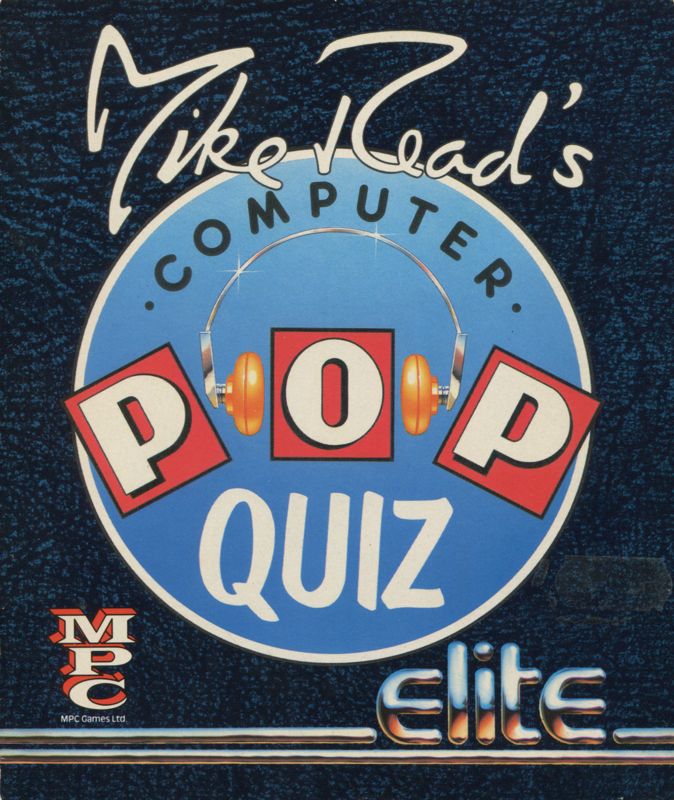
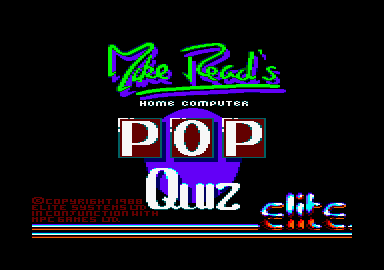
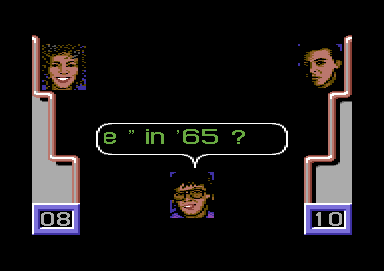
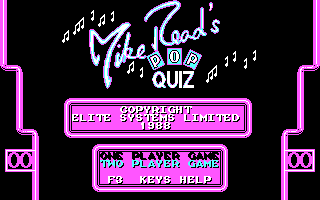
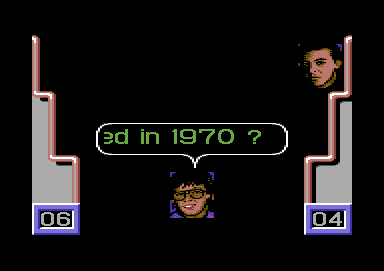
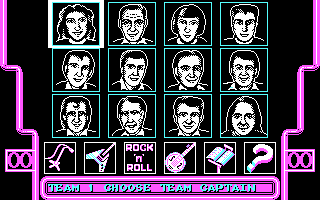



Reviews
There are no reviews yet.